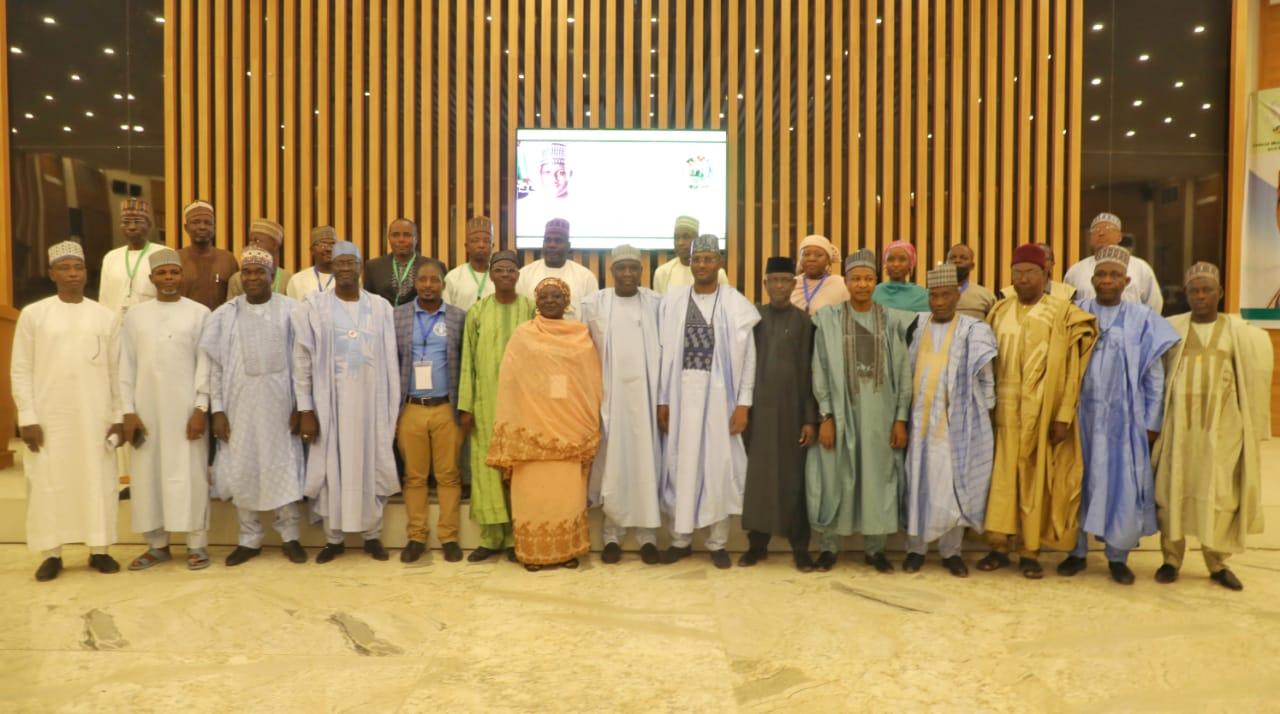
The United Nations (UN) in collaboration with Federal Government; has strategized to implement the Food Systems Transformation (FST) pathways in the Northeast
The strategic pathways; are to increase food production, storage and distribution” in the region, comprising Borno, Adamawa, Bauchi, Gombe, Taraba and Yobe states.
Declaring the two-day sensitization workshop on UN food system, yesterday (Thursday), in Maiduguri, Governor Babagana Zulum of Borno state, disclosed that the transformation could overcome the various socio-economic crisis including poverty, unemployment and climate change.
Zulum, represented by his Chief of Staff, Prof. Hussaini Marte said that the ambitions about the national food system pathways could reduce poverty among smallholder farmers.
Besides, he added that men and youths can have greater access to food production for increased incomes and assets.
On the implementation of FST, he said: “The food system transformation pathways be integrated into the Borno State 25-year development programme and the decade strategic transformation plan.
Earlier in his welcome address, the Borno state Commissioner of Finance, Budget and Economic Planning, Hon. Adamu Lawan expressed gratitude to the UN, the federal government for choosing Borno as venue for the exercise.
He noted that the Workshop is apt as it will provide the opportunity for stakeholders from the region which has been affected by over a decade atrocities posed by insurgents to brainstorm on the way forward mitigate issues related to food insecurity and development.
In her brief remarks, the UN representative, Martine Uzamugura said the UN family is committed to continue work with government to strengthen and support stakeholders, particularly small holder farmers in the region.
She therefore, called on the stakeholders, implementation partners, farmers, organised private sector (OPS) and research institutions to support the Nigerian government and people.
Director in the Federal Ministry of Finance, Budget and National Planning, Faniran Sanjo, in a lead paper titled: “National Food Systems Transformation Pathways for Nigeria: Priority Actions,” said that the goals of food systems transformation are to reduce poverty, unemployment and food insecurity.”
He added that the goals can check food imports to promote sustainable food trade in the six geo-political zones in the country.
According to him, other goals to be achieved between 2021 and 2030 comprise increased women empowerment and environmental performance index score.
As the percentage of people engaged in farming, employment increases at the state level, while the rates of poverty also rise.
“This relationship reflects in failures and inefficiency in the entire food system,” he noted.
Sanjo attributed inefficiencies in the agricultural sector to inadequate supply of food to meet the needs of the population.
He said that diets are poor, while malnutrition is rising at an alarming rate to affect children’s lives.
He noted that only 11% of children were fed with the minimum acceptable diet in 2018.
Continuing, he noted that the transformation system is inevitable for Nigeria to fight poverty, hunger, malnutrition and diseases.
He, therefore, stated that the implementation of transformation strategies could reduce conflict, and violence including the mitigation of climate change.








